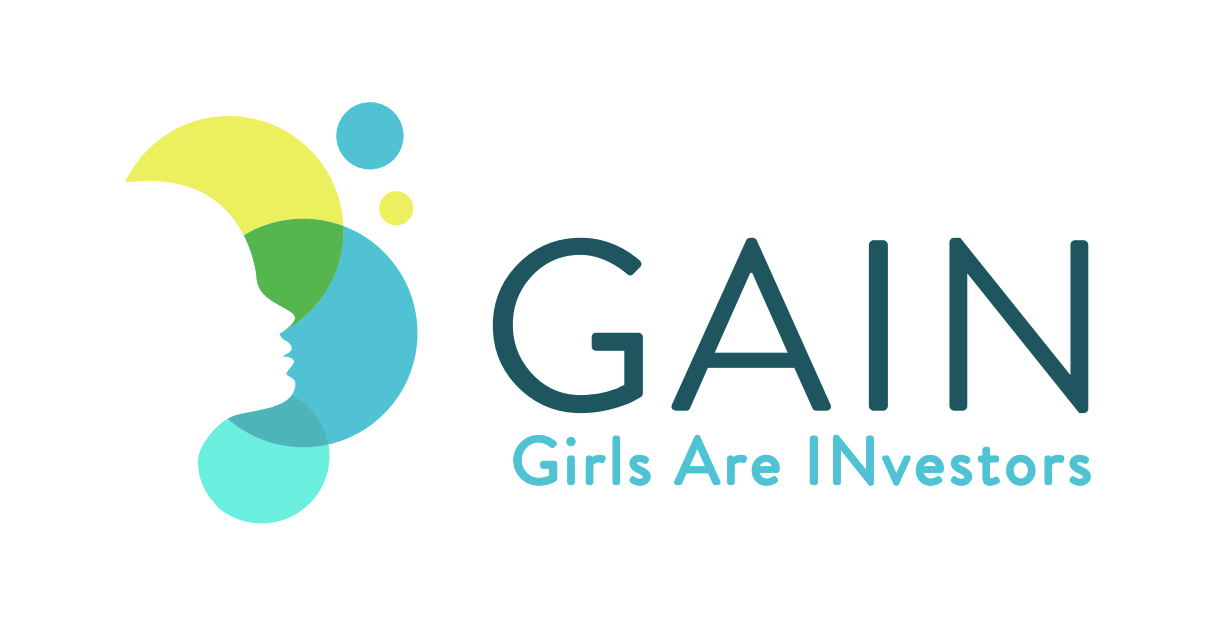A Day In the Life Of… an Investment Manager, Wealth Management
By Dasha Plotnikova, Investment Manager at Killik & Co
While I was at university, I didn’t have a plan for life after graduation. I studied Economics at the London School of Economics for the love of the subject. It was just after the global financial crisis and the reputational damage to the sector was colossal. Even today, it hasn’t recovered. Although many of my peers went down the investment banking route, one of the professors suggested that, with the onset of big data, I put my statistical skills to the test and go into advertising.
I started my working life in data analysis for the marketing agency Engine, where I developed a model to predict YouTube video views. I then pursued my personal interest in art by working on the digital team at Art Fund, the national charity for art.
In the end, though, I came to work in finance. Finance is a big, broad world. It is easy to forget that it includes areas beyond investment banking. I work at Killik & Co, a wealth management firm that helps clients, often retail investors, plan their financial future.
There is a common misconception that you have to be “rich” to invest. That is not actually the case. I work with individuals from different walks and at different stages of life, from those who have just started their first job to those who are thinking about passing on some of their wealth to the next generation.
As an Investment Manager, it is my job to understand each client, their current situation and their aspirations. After that, I work with the client to create a portfolio of investments to meet their needs.
By working with the end investor, one gets a real sense of what it means when investments go up and down in value. Therefore, it is paramount that, as their adviser, I have a good understanding of my clients’ willingness and ability to bear risk.
Interpersonal skills are a key part of building a relationship of trust between adviser and client. There is no textbook approach, but a few pointers can help. Each relationship starts with finding common ground. At times this may seem difficult, but I think that we can all find something in common with any other person, no matter how small that shared interest or value – it’s up to us to find it.
A genuine interest in the markets is of course core to the job. Unfortunately, the school curriculum is very thin on personal finance and investment. Here, it is very much down to the individual to develop their knowledge. The usual advice would be to read the financial press, but one can spend days reading just noise and learning very little.
I suggest looking for deeper insight. Reading classics on how to invest and listening to webinars or commentary by fund managers. I actually found Killik because I followed Tim Bennett on YouTube. Tim is currently Head of Education at Killik and was formerly the deputy editor of MoneyWeek. Excuse the plug, but his videos provide a very good foundation for those wanting to learn about how the markets work.
Professional exams provide a solid grounding in the theory. Starting professional exams was one of the best pieces of advice I received when I was looking for a job. I began with the Investment Management Certificate. Studying independently can show serious intent on entering and staying in the industry. It also means you can hit the ground running, because completing some of the qualifications is a pre-requisite to trading.
Theory is one thing, but experience can be entirely another. If you haven’t worked in the industry before, there are several ways to experience the market. You can join an investment club at university or set one up with a group of friends. You can run a real or virtual portfolio and discuss the thinking behind your investments.
Working as an Investment Manager is a rewarding job. It is intellectually stimulating because investments span a wide range of sectors and geographies. It is endlessly fascinating to see how different companies and sectors fit together to form the global economy. It is most rewarding because, no matter how crass it may sound, money is important. It affects how we live now and how we will live in the future. Helping someone with this deeply personal subject and navigating the financial landscape is an honour and a big responsibility.

